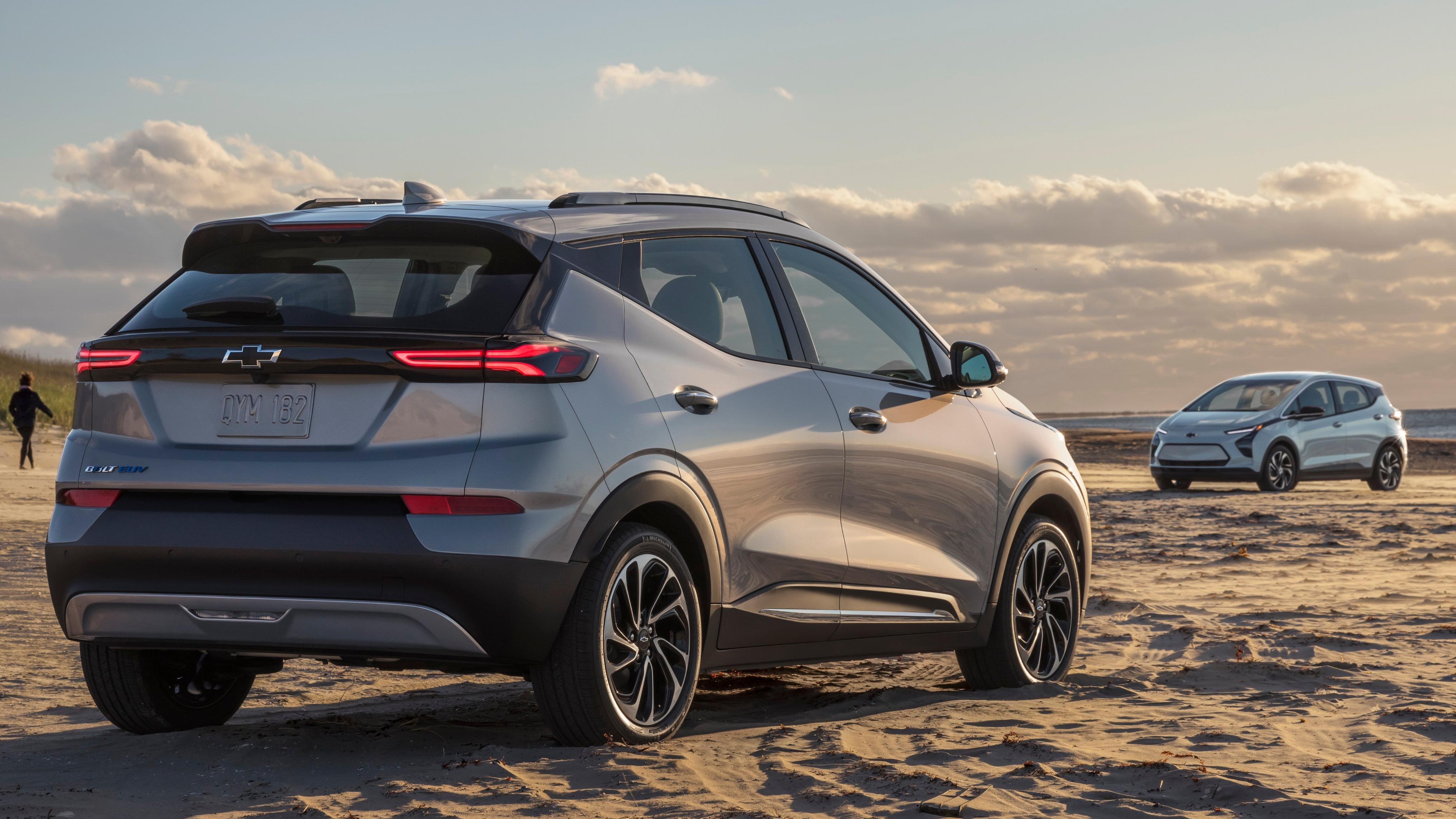Foreign Automakers Are Still Pretty Salty About The Proposed Union EV Tax Credit
House Democrats want subsidies for union-made EVs. The non-union automakers are mad.
As part of a $3.5 trillion spending bill that is still unpassed in Congress, Democrats have proposed boosting tax credits for EVs up to $12,500, with $4,500 of that for union-made electric cars. This would obviously benefit the only unionized automakers in the U.S., which are the Big Three. Other automakers aren't so happy about it.
That would be Toyota, Honda, Volkswagen, Hyundai, Nissan, BMW, Kia, Mercedes, Mazda, Subaru, Mitsubishi, and Volvo, who sent a letter Thursday to House Speaker Nancy Pelosi saying as much. This follows earlier statements by Honda and Toyota on the matter, and also by Tesla CEO Elon Musk.
"This would unfairly disadvantage American workers who have chosen not to join a union and produce more than half of all vehicles in the United States and the vast majority of American-made EVs," the new letter says in part, and also argues that the tax credit would limit consumer choice.
In response, according to Reuters, six Democrats made a simple but effective point.
"Every foreign-owned automotive manufacturer employs a union workforce in their home country, but those same companies consistently choose to invest in right-to-work states that are hostile to collective bargaining agreements," they wrote.
It is still very much up in the air whether the tax credit will pass, indeed whether the spending bill will, too. The facts of the matter are pretty simple, though, in that having a unionized labor force is better for workers but more costly for corporations, which is why so many auto plants have been built in the South, where state laws make it difficult to unionize.
Unions are not so costly, however, that they make automakers uncompetitive, as GM, Ford, and Stellantis have shown. Further, the evidence seems to suggest that the EV tax credit doesn't fundamentally change the competitiveness of automakers who do or do not qualify for it, as Tesla no longer qualifies and is doing just fine, and, likewise, so is GM.
All of this doesn't need to be this hard.
